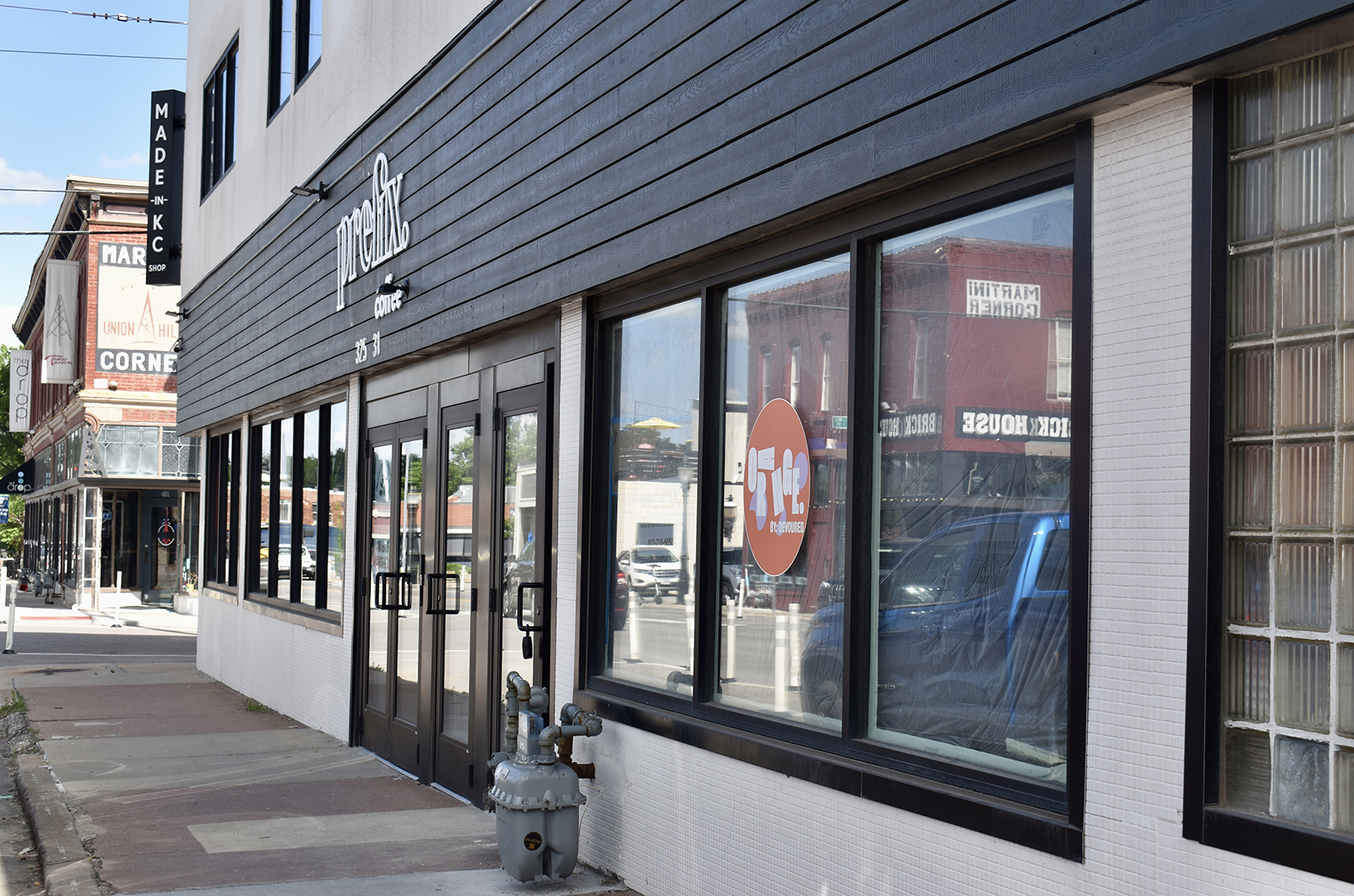News this week that peer-to-peer business lending platform Mainvest would cease operations within a month “came out of left field,” said Jhy Coulter.
“We got the email just like everyone else, and it was pretty surprising,” the owner of Orange By: Devoured and Devoured Pizza said, adding that she feels “sad because I felt like they did a really good job and their team was really good when I worked with them.”
Dubbed “The investment platform for Main Street,” Mainvest has become a popular crowdfunding option for local bars and restaurants seeking capital from would-be investors in the community looking. The platform’s shutdown is likely to have notable repercussions across the U.S. small business community given the sector’s reported difficulty in accessing capital.
What to know:
- Crowdsource business capital platform Mainvest is a middleman between retail investors and small businesses seeking startup and expansion capital
- The platform is set to cease operations in mid-June
- Mainvest has issued a statement saying it “is experiencing a disruption of service that is impacting most transactions on the site, including withdrawals, investments, refunds and repayments.”
- Mainvest claims the disruption of service is related to Evolve Bank freezing all activity related to Synapse, Mainvest’s banking services partner, “such as transfers and withdrawals affecting over 100 companies and [over 10 million] end users across Synapse’s client-base.”
- Mainvest accounts are FDIC-insured. They report they have contacted regulators, Synapse, Evolve Bank, and FINRA, “and have consulted with our outside counsel regarding this situation.”
Coulter raised more than $100,000 through Mainvest for Orange By: Devoured, which is set to open in Midtown, and said she has not received any specific guidance yet on how she’ll pay back the many investors who’ve contributed to her campaign. As of now, she plans to huddle with her accountant to “devise a plan on how we could get the investors their money.”
“But for the most part, I have no clue. I was just going to kind of take it upon myself to make sure that I’m communicating with the people that supported me,” she said. “Because like you trusted this company to kind of sort out everything for you. You took on this campaign, it’s already a lot of stress raising the money, and so now it’s like my shop isn’t even open yet. We’re getting close, but we’re still working on it, and so it’s like ouch.”
King G and Jim’s Alley Bar owner Eric Flanagan raised more than $300,000 in three separate campaigns for his businesses through Mainvest.
“It’s quite the fiasco, and I was the first campaign in Kansas City,” Flanagan said. “I’ve referred Mainvest to a bunch of people, so I’m not too happy about it for sure, because one, we got three campaigns with them, and it’s a pretty unfortunate deal, especially when you’re putting your name on something.”
Flanagan loves the idea of connecting potential investors that are local “with a Main Street operator,” he said, noting he really believed in Mainvest’s mission.
His third bar, dubbed Hank’s Garage and Grill, is set to open in Shawnee, with a timeline to be determined.
Flanagan said he managed to connect with a Mainvest representative this week and was told that the company will provide “complete investor and repayment information by June 14.”
He also learned that the Mainvest site will go dark on June 12, he said. Complicating matters, repayments through the Mainvest site will only be allowed through May 22.
While Flanagan isn’t even able to begin repayment on his third loan for Hank’s, his first is paid off and his second is in repayment. He wants to repay that second loan so he only has the third to focus on, he said.
“I’m trying to get this done through the portal,” Flanagan said. “It’s a bit of a cluster, if you know what I mean.”
Mainvest’s statements on the shutdown
In a press release announcing the shutdown, Mainvest CEO Nick Mathews lauds his company’s “robust community of over 30,000 investors” who have facilitated “over $30 million in investments into 450+ businesses.”
Mathews and Mainvest did not initially announce what specifically triggered the company’s shutdown, only saying that “after exploring all available options, a mix of internal and external factors have led us to the difficult decision to cease operations and dissolve the company.”
As for the loans it has facilitated, Mainvest says its closure does “not impact the validity or enforceability of any agreements” businesses have entered into with investors, and it reminds business owners that noncompliance may trigger legal action by investors “without the facilitation of the Mainvest team.”
Mainvest is encouraging its loan recipients to be proactive in its communications with their investors.
Financial business, products and services rating platform Finder.com has published a comprehensive explainer covering what happens when a lender shuts down. In summary, other lenders or the Federal Deposit Insurance Corporation (FDIC) almost always step in and take ownership of the failed lender’s active loans.
Can peer lending platforms really succeed?
Speaking to the struggle of platforms like Mainvest, Dr. Alex Cahana, a venture partner with “enterprise escalator” Impact Rooms who was recently in town to discuss the formation of Kansas City’s first blockchain DAO, offered insight.
“One [reason such platforms are not as successful as desired] is that maybe there is a regulatory framework, but then the actual friction of the [capital] raise itself is very onerous,” Cahana said. “So, they have the law, but then actually to translate that into actions is, if you’re a big company that can have a whole department of legal and HR and accounting … it’s not a problem for you.
“Second, which is inherent to crowd or to decentralization, is that crowds are messy. It’s like now I don’t have just one investor that I have to convince I have a thousand. And so this is why a lot of these things simply collapse under the weight of being compliant.”
The future, Cahana said, is a blockchain-driven marketplace where there is less need for oversight because, as he sees it, the potential for fraud has been programmed out.
“The idea of decentralization and blockchain … is again to finance … or bank the underbanked or to bring people more into the circle. But it is decentralized, which means that we don’t need all these onerous processes. It’s peer to peer. We don’t need HR; we don’t need accounting. We don’t need legal because it’s run by smart contracts. It’s run by a computer program. What we’re seeing is a transition from a B2B or a B2C [economy to a] C to C to C to C to C [economy].
Information for those impacted
For those seeking answers from Mainvest, the company has stood up a business support hub and an investor support hub. They ask that those with questions make the hubs their first stop for information.






































